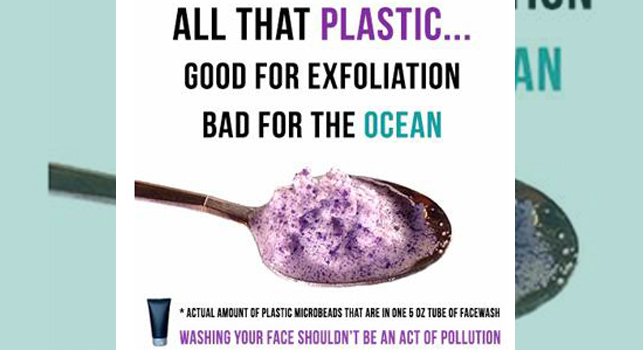Consumers and businesses alike are paying increasing attention to ethics and moral values when making purchasing decisions. This translates into choices framed by concerns about the environment, sustainability, animal welfare, production and labour practices, as well as desires to positively impact communities and people.
Driven primarily by environmental shifts and pressures, population change and changing consumer values, enriched by opportunities emerging due to technological advances and shifting economic power, we are seeing the “ethicalisation” of society. Mindful consumption in beauty and personal care is emerging, replacing the conspicuous consumption of the past. This forces beauty brands to adapt to new market demand. However, the pace of the change is slow.
Innovation in plastic can help recycling but also creates challenge. The primary focus is on the recycling of rigid plastic, which represents 42% of retail packaging volumes in beauty and personal care and 36% in home care. HDPE bottles are a major contributor of rigid plastic packaging in home care and personal care; yet are not recycled as needed.
The plastic packaging industry is under particularly high pressure to innovate with/towards sustainable solutions. Bio-based plastics – plastics in which carbon is partly derived from renewable feedstock – are slowly becoming more common. At the same time, ocean plastic waste repurposing is also on the agenda amid rising consumer awareness of the significance of plastic littering. Such alternatives have many benefits over non-renewable, fossil-fuel based plastics, but their wider adoption is not without challenges Read more
